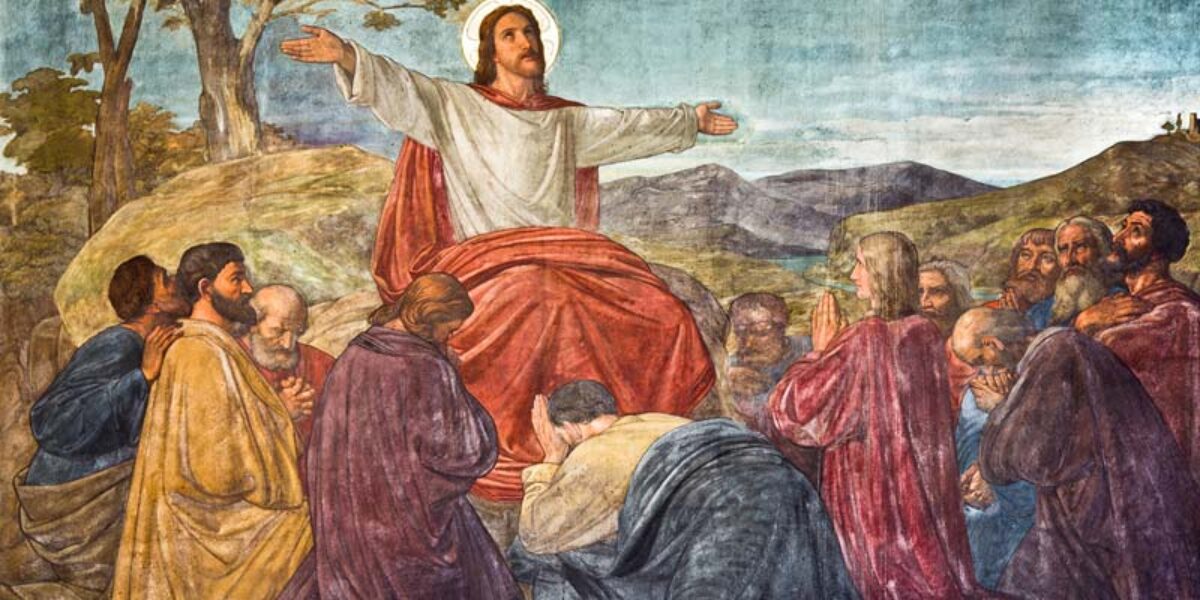What was life like for the Jews under Roman rule and how did it shape Jesus’ message?
To find out the answer, we consulted biblical scholar Phil Towner, PhD, who peeled back centuries of time.
The Romans–who had a military presence in Palestine–were masters at taxation, levying high fees on Jews, who eked out their living working the land or fishing.
Blatantly disregarding Judaic values and moral sensibilities, the Romans violated Jewish holy places, built elaborate structures honoring Caesar and flouted time-honored kosher laws. This scandalized and offended the Jewish people, creating an undercurrent of hostility that rippled through all levels of society.
The perfect storm for the concept of a Messiah was brewing–a Messiah who would deliver the Jews from oppression.
“The Romans didn’t have much regard for the Jews, who felt the land wasn’t their own,” says Dr. Towner, executive director of the Nida Institute for Biblical Scholarship. “So they were waiting for God to restore the kingdom to Israel.
“The Messiah they longed for would be one like King David who would manifest himself as a military leader,” continues Towner. “He would be anointed by God to stamp out the enemy.”
Then Jesus enters the scene. He is the opposite of all expectations.
He promotes peace, not war. He spreads love, not hatred. He shows mercy, not revenge.
Jesus rarely speaks against the Romans, but instead takes aim at Jews who focused on matters of visible impurity, yet failed to grasp the deeper meaning of piety: justice, mercy, compassion and love.
“The Pharisees had precise laws for washing the hands, and cleaning the cups and dishes,” says Dr. Towner. “But Jesus says it’s not what goes into the body that makes someone unclean but what comes out of the body.”
Ritualistic practices are meaningless if the heart is empty, Jesus emphasizes. He calls everyone to a deep relationship with God, summing up the law in Matthew 22:37-40: “‘Love the Lord your God with all your heart, soul and mind. This is the first and most important commandment.”
Then he shares the second most important commandment. “Love others just as much as you love yourself.” These two commandments supersede everything: the Law of Moses and the Books of the Prophets, Jesus says.
The Jewish leaders were outraged. Who was he to trump the laws of Moses and the prophets?
But trump them he does by word and, most importantly, by deed.
Jesus called the people of his day to love.
He invites us to do the same. His message was as timeless now as it was then.





